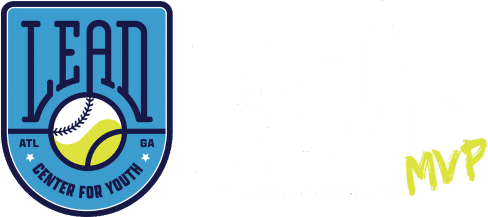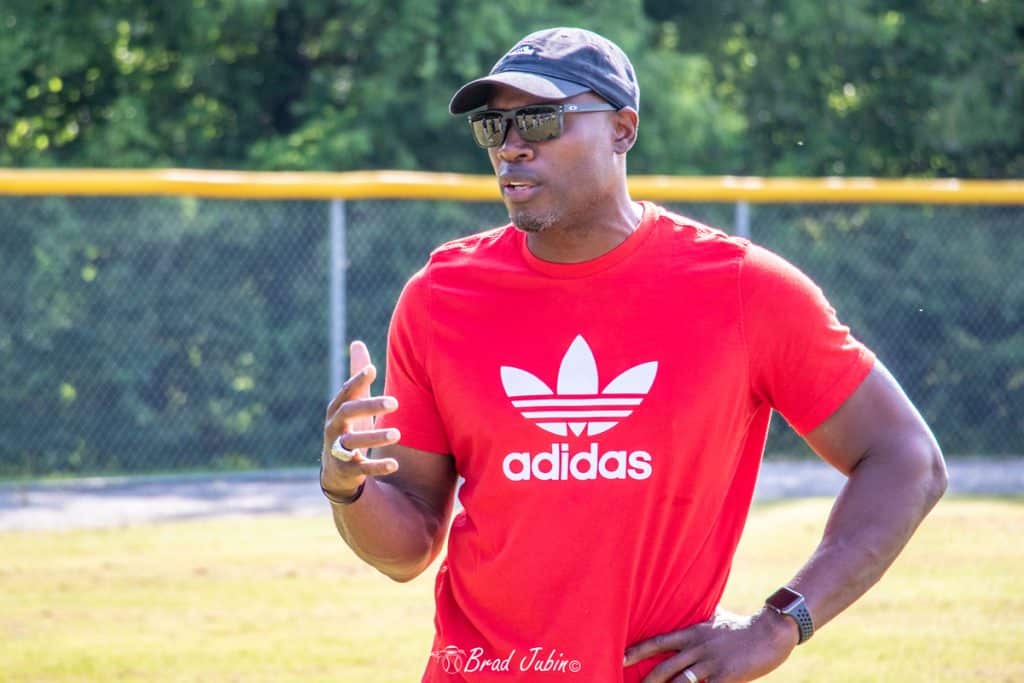Three strikes: Crime, poverty and racism. These are some of the biggest barriers that our Ambassadors face on any given day in their lives. Our job is to not only give them the tools to face these obstacles, but the guidance to lead them through the obstacles. Youth today need to be taught about the social and emotional learning (SEL) capacities needed to survive life’s ups and downs and then they need programs to help them develop these capacities.
At L.E.A.D., our mission has been to emphasize the importance of SEL. I like to compare SELs to apps on a smartphone. A smartphone without apps is not very useful. It is the same for us—a leadership program without the proper components is not helpful. That is why we design our programming to help our Ambassadors train their decision making muscles – so they have the capacity to make the right decisions at the right time. Most of our Ambassadors live at or below the poverty level, so poor decision making in even the most minor decision in life could mean a major setback.
For the Ambassadors we serve who aren’t living at the financial poverty line, they still are struggling with being a teenager and the negative peer pressure that comes along with the territory—things like doing drugs, consuming alcohol and having sex.
One of the most valuable SEL capacities that our boys need the most is social connection. The Atlanta Public Schools’ (APS) mission is that every student will graduate ready for college, career and life through a caring culture of equity, trust and collaboration. It is designed to be a high-performing school district where students love to learn, educators love to inspire, families love to engage and the community trusts that the system works.
This sounds excellent, but without strong and reliable social connections, it can be nearly impossible for Black boys who live in poverty to get an education from failing schools to achieve their dreams. And to be clear, I’m not using failing schools as a total indictment on teachers. There are bad actors in every industry. There are far too many policies that set the stage for failing schools that need to be addressed firstly and immediately.
The importance of SEL is not exclusive to youth. As the chief visionary officer (CVO) of L.E.A.D., I am still working on SEL development.. The SEL capacity that I’m currently working on is social skills. Specifically, I am working at having and maintaining a sense of patience with others.
Both of my parents were young when I was born. They were hardworking and loving; however, we were financially poor and lived in a community with people struggling with the same fate. Eventually, we made it out of poverty and progressed to a working-class lifestyle before I graduated from high school.
Today, I enjoy a middle-class lifestyle and spend most of my days serving Black boys, who like me as a youth, are living at or below the poverty line.
I struggle with patience for our Ambassadors, because I see their potential and want to see their full development right now, which is unfair. I did not get to a place of maturation just because of hope and prayer. It took hard work and people being empathetic and patient with me. I know the bad decisions I’ve made in life and I want them to learn the bad lessons from me instead of having to experience the negative consequences themselves.
Sympathy is feeling sorry for someone. Empathy is suffering with someone because of a shared experience, so I have to remind myself that I am still becoming, and God allows me to coach others to become.
So as I work hard to change and grow, I challenge other youth development nonprofit leaders, to do the same. If an organization is not solving problems, it should join forces with an organization that is.
I am looking forward to the day that L.E.A.D. no longer needs to exist because sports are being used intentionally by APS – as co-curricular and not extracurricular – to develop educators, coaches, city council members, politicians, business owners, executives, pastors, etc. If that were happening, we would not exist. When it happens, we will stop existing.
Photo credit: Brad Jubin




